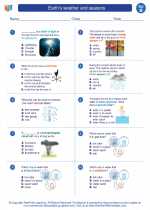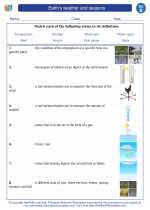What is Autophagy?
Autophagy is a highly conserved cellular process that involves the sequestration of cytoplasmic components within double-membrane vesicles called autophagosomes. These autophagosomes then fuse with lysosomes, forming autolysosomes where the engulfed components are degraded by lysosomal enzymes.
Types of Autophagy
There are three main types of autophagy:
- Macroautophagy: Involves the sequestration of bulk cytoplasmic material.
- Mitophagy: Specific autophagy of damaged or unnecessary mitochondria.
- Microautophagy: Involves the direct engulfment of cytoplasmic material by lysosomes.
Regulation of Autophagy
Autophagy is tightly regulated by a complex network of signaling pathways and regulatory proteins. The key regulator of autophagy is the mTOR (mechanistic target of rapamycin) pathway, which inhibits autophagy in nutrient-rich conditions and activates it during starvation or stress.
Functions of Autophagy
Autophagy plays a critical role in various physiological processes, including:
- Cellular quality control by removing damaged organelles and protein aggregates.
- Energy production during nutrient deprivation.
- Development and differentiation of cells.
- Immune response and defense against pathogens.
Implications in Disease
Dysregulation of autophagy has been linked to various diseases, including cancer, neurodegenerative disorders, and metabolic disorders. Understanding the molecular mechanisms of autophagy has implications for the development of novel therapeutic strategies for these diseases.
Study Guide
Here are some key points to remember about autophagy:
- Define autophagy and understand its role in cellular homeostasis.
- Describe the process of autophagy, including the formation of autophagosomes and autolysosomes.
- Identify the different types of autophagy and their specific functions.
- Explain the regulation of autophagy, focusing on the mTOR pathway.
- Discuss the importance of autophagy in physiological processes and its implications in disease.
◂Science Worksheets and Study Guides Second Grade. Earth's weather and seasons

 Worksheet/Answer key
Worksheet/Answer key
 Worksheet/Answer key
Worksheet/Answer key
 Worksheet/Answer key
Worksheet/Answer key
 Worksheet/Answer key
Worksheet/Answer key
 Vocabulary/Answer key
Vocabulary/Answer key
 Vocabulary/Answer key
Vocabulary/Answer key
